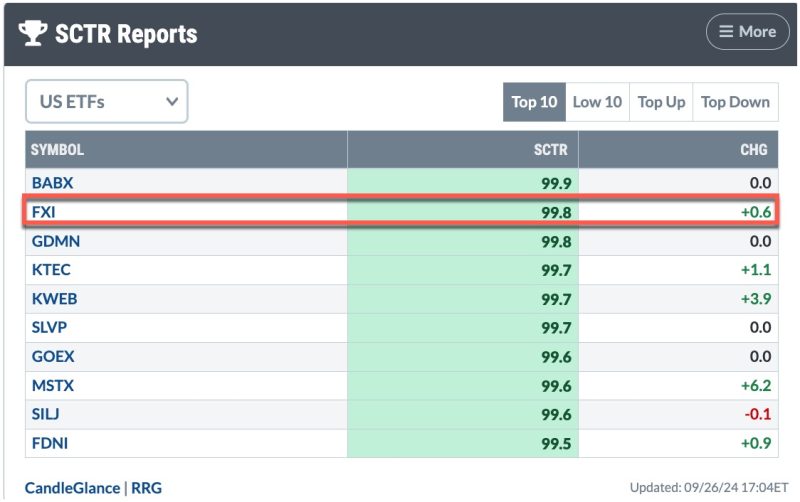In a recent update, the Chinese government announced a significant stimulus package to bolster its economy. This move is aimed at mitigating the economic impacts of various global challenges, including the ongoing trade tensions with the United States and the slowdown in global economic growth.
China has been facing increasing pressure on its economy due to the trade war with the US. The trade tensions have resulted in tariffs on billions of dollars worth of goods, affecting businesses and consumers in both countries. In response to these challenges, the Chinese government has taken proactive measures to boost economic growth and stabilize financial markets.
The stimulus package includes measures such as tax cuts, increased infrastructure spending, and support for small and medium-sized enterprises. These measures are designed to stimulate domestic consumption, encourage investment, and create jobs. By injecting more capital into the economy, the Chinese government aims to offset the negative impacts of the trade war and maintain stable economic growth.
One of the key components of the stimulus package is tax cuts. By reducing taxes for businesses and individuals, the government aims to increase disposable income and encourage spending. This, in turn, will boost consumer confidence and support economic growth.
Another important aspect of the stimulus package is increased infrastructure spending. The Chinese government plans to ramp up investments in infrastructure projects such as roads, bridges, and airports. These projects not only create jobs but also improve the country’s overall productivity and competitiveness.
In addition to tax cuts and infrastructure spending, the stimulus package includes support for small and medium-sized enterprises (SMEs). These businesses are vital to China’s economy, accounting for a significant portion of employment and output. By providing financial assistance and other forms of support to SMEs, the government aims to ensure their continued growth and contribution to the economy.
Overall, the stimulus package announced by the Chinese government reflects a proactive approach to addressing economic challenges and supporting long-term growth. By implementing measures such as tax cuts, infrastructure spending, and support for SMEs, China aims to boost domestic demand, create jobs, and maintain stability in the face of global uncertainties.

